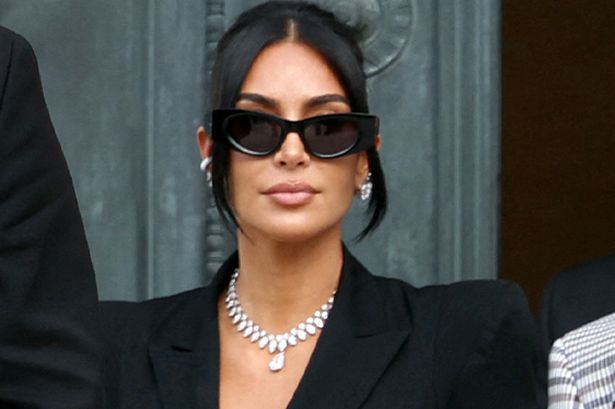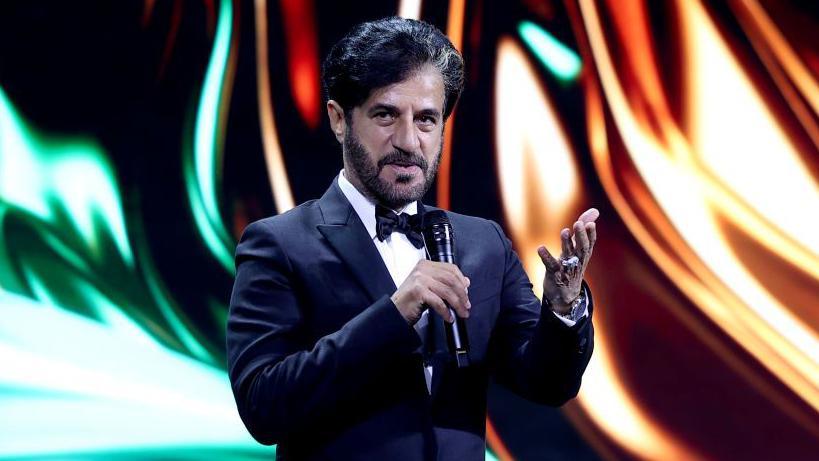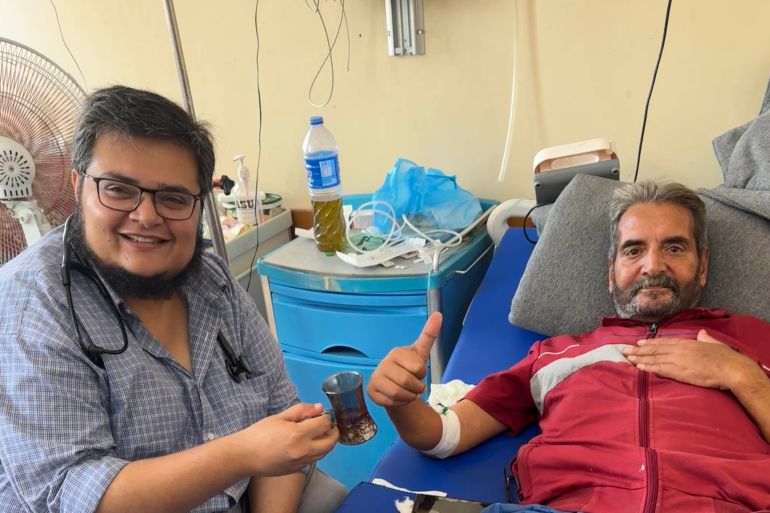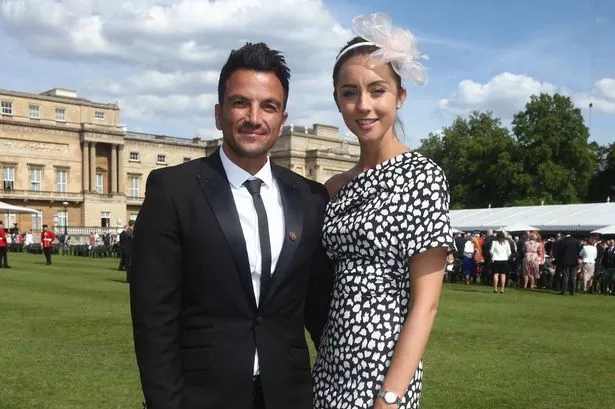Kim Kardashian stars as a ruthless divorce lawyer in the upcoming legal drama All’s Fair, which is created by Ryan Murphy, and will be airing later this year on Hulu
Kim Kardashian is taking on the role of a formidable divorce lawyer in an all-female law firm alongside Naomi Watts, Niecy Nash-Betts and others in the first trailer for Ryan Murphy’s forthcoming legal drama, All’s Fair.
The trailer, released on Tuesday, showcases the reality star turned actress and her co-lawyers assisting women in divorcing their unfaithful husbands, stopping at nothing to achieve their clients’ objectives. “You know what a woman’s best friend is? Not diamonds. Her lawyers,” proclaims Judith Light.
Kardashian portrays Allura Grant, the proprietor of the law firm. “Fierce, brilliant, and emotionally complicated, they navigate high-stakes breakups, scandalous secrets, and shifting allegiances- both in the courtroom and within their own ranks. In a world where money talks and love is a battleground, these women don’t just play the game-they change it,” reads the show’s synopsis.
The cast is further bolstered by Teyana Taylor, Matthew Noszka, Sarah Paulson, and Glenn Close. The series is set to make its debut on Hulu.
This comes as the mum-of-four, 44, is in the French capital, testifying, after she was held at gunpoint in 2016 during Paris Fashion Week by a gang of masked men dubbed the ‘Grandpa robbers’ by the French media due to their age.
Sobbing, the SKIMS star told a Paris court on Tuesday she thought she would be raped by the men, whose ages range from 38 to 78, saying: “I was certain that was the moment that he was going to rape me I absolutely did think I was going to die.”
Kim arrived at the Palais De Justice in Paris for the trial today, where she will testify over the horrifying 2016 robbery that saw her being held at gunpoint by masked men dressed as police officers as millions of dollars worth of jewellery was stolen. A group of pensioners dubbed the ‘grandpa robbers’ by French media are on trial in Paris, charged with stealing the star’s jewellery during Paris Fashion Week in 2016.
The last time Kim saw the masked men that police say robbed her, she was bound at gunpoint and left locked in a marble bathroom while the gang stole jewellery, including Kim’s engagement ring from her ex-husband, Kanye West, worth millions of dollars.
Admitting she was surprised by the men’s ages, saying she thought they were younger, Kim told the court, “I thought they were younger. It was the way he carried me. I’m not saying that older people cannot carry, but I was just surprised when I saw the photos of them.”
A court was told on Monday that the reality star was in a state of “serious terror” when the armed robbers burst into her hotel room nine years ago.
Hotel receptionist, Abderrahmane Ouatiki, 48, who was handcuffed and forced at gunpoint to lead two armed robbers to Kim’s hotel room, told the court: “She was terrified, in a state of hysteria.”
Ouatiki told the court that Kim began screaming that she was a mother when the gunmen burst into her bedroom. He said: “She was in serious terror; it was unbearable to see a woman in that type of distress.”
The robbers took Ouatiki at gunpoint in the lift with them to Kim’s apartment, he told the court. As they approached her bedroom, Ouatiki said Kardashian called out “Hello? Hello?” thinking it might be her older sister Kourtney Kardashian returning from a nightclub. He said the robbers burst into the room and roughly pushed Kim.
Ouatiki said The Kardashians star was shouting and hysterical. Concerned the lead robber was “very nervous, unstable, aggressive”, Ouatiki added that he felt he had to “calm things down and contain it” so he shouted at Kim to “shut up!”.
He said the robbers were asking in French for money. Ouatiki, still with a gun held at his head, tried to translate. Kim said she had “a thousand” – either in dollars or euros. He said she gave the robbers the ring that was on a bedside table. She then nodded towards a Louis Vuitton jewellery box, the robbers allegedly opened it and tipped its valuable contents into two bags.
The ten suspects, who are aged between 35 and 78, are on trial on May 23. Some are accused of aiding in the organisation of the robbery. Eight of the accused deny any involvement in the terrifying robbery.
The suspects include Aomar Aït Khedache, 69, and the alleged ringleader, who has publicly admitted kidnapping and robbing Ms Kardashian. Another suspect who confessed is named Yunnis Abbas, 72, who wrote a book about the robbery called I Kidnapped Kim Kardashian.
The trial continues.














